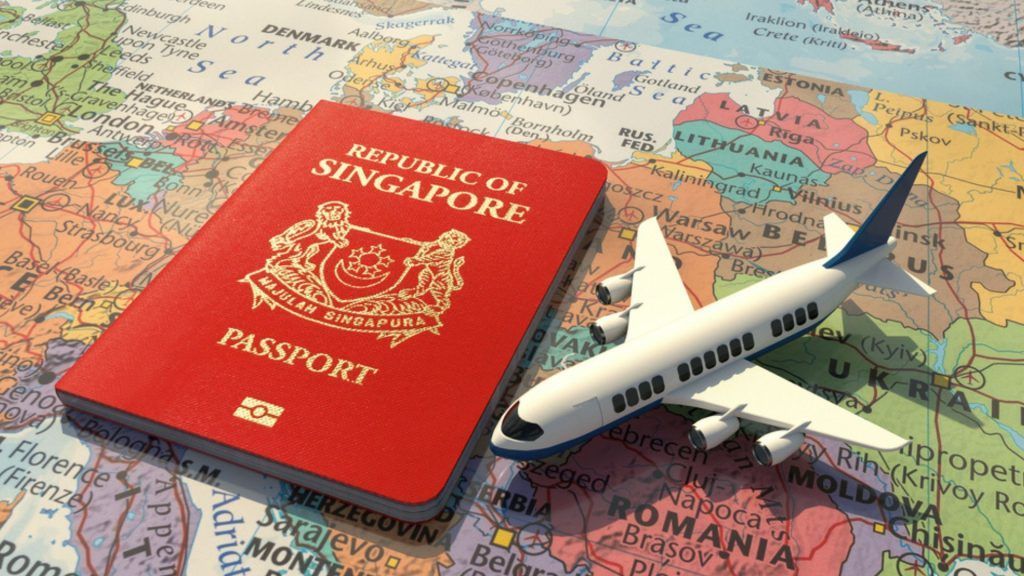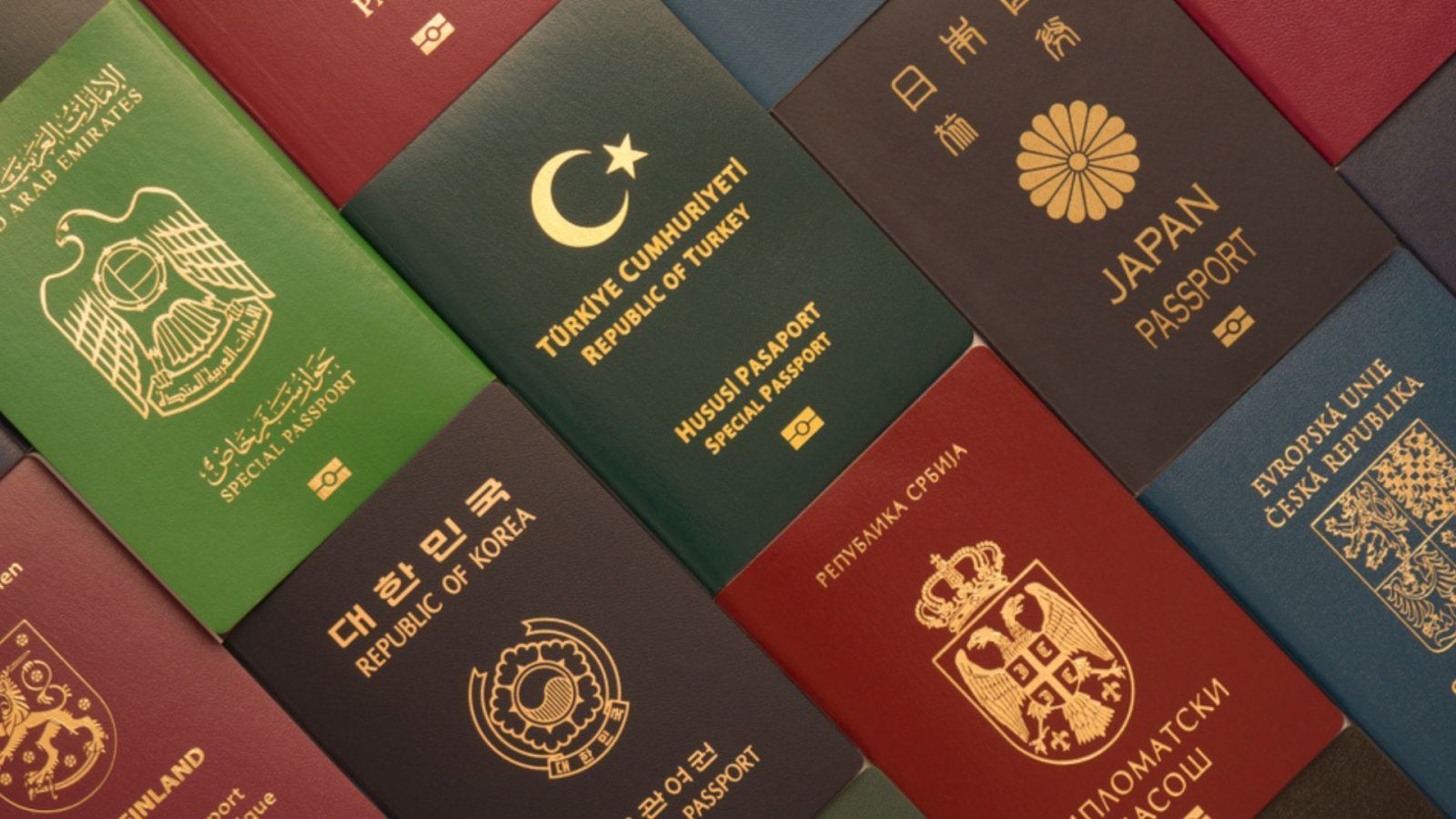The Henley Passport Index has revealed its newest rankings for the world’s most powerful passports, with Singapore reclaiming the prestigious top spot. The city-state has been the recipient of this honour on numerous occasions, and this time, it has fortified its position by granting visa-free access to 195 destinations worldwide.
Following closely behind Singapore are France, Germany, Italy, Japan, and Spain, all tied for second place with visa-free access to 192 destinations. The third position is a seven-way tie, shared by Austria, Finland, Ireland, Luxembourg, Netherlands, South Korea and Sweden, whose passports grant visa-free entry to 191 destinations.
Henley Passport Index’s most powerful passports in the world so far

- Singapore (195 visa-free destinations)
- France, Germany, Italy, Japan, Spain (192)
- Austria, Finland, Ireland, Luxembourg, Netherlands, South Korea, Sweden (191)
- Belgium, Denmark, New Zealand, Norway, Switzerland, United Kingdom (190)
- Australia, Portugal (189)
- Greece, Poland (188)
- Canada, Czechia, Hungary, Malta (187)
- United States (186)
- Estonia, Lithuania, United Arab Emirates (185)
- Iceland, Latvia, Slovakia, Slovenia (184)
For the past 19 years, the Henley Passport Index has created comprehensive rankings based on exclusive data from the International Air Transport Authority (IATA). It evaluates 199 passports and 227 destinations for a monthly update on the world’s most powerful passports.
While Singapore comes first, its Southeast Asian counterparts have also performed well. Malaysia, along with Liechtenstein, has ranked 12th, granting visa-free travel to 182 destinations. Thailand, on the other hand, stands alone at 60th, granting entry to 82 destinations.
East Asia’s Hong Kong and the Middle East’s Israel are together on the 18th, offering visa-free travel to 170 destinations. India has ranked 82nd with Senegal and Tajikistan, opening doors to only 58 destinations.
The weakest passport in the world has been awarded to Afghanistan with visa-free access to only 26 destinations.
This story first appeared here.
(Feature image credit: Sergey Shik/Shutterstock)












